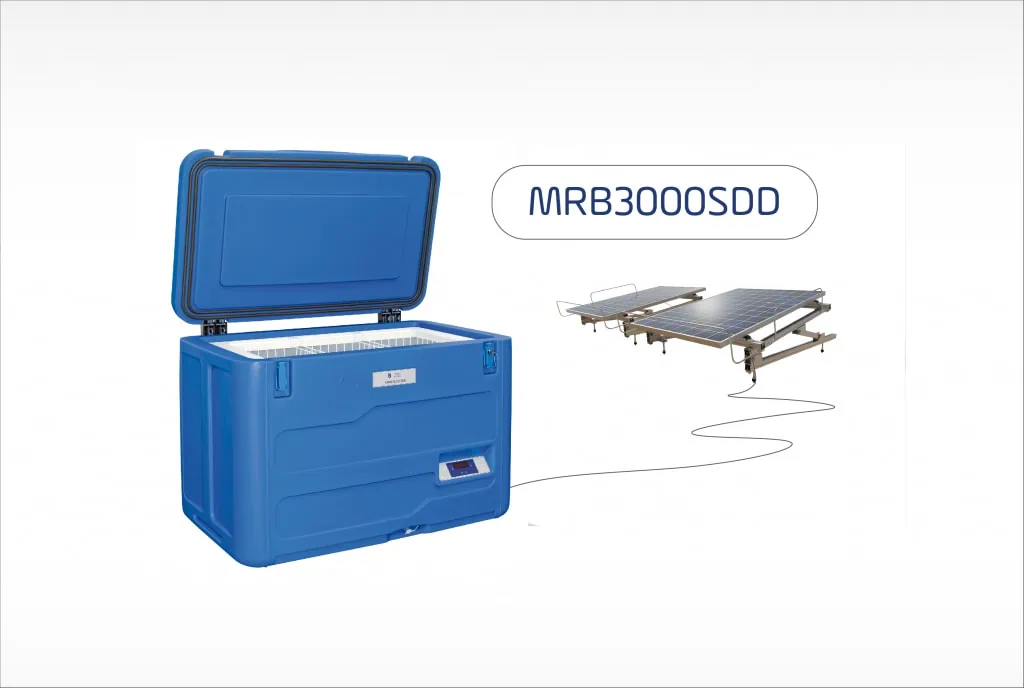Blog
Solar-powered medical cold chain equipment for the management of blood can be a boon for many parts of India
Access to safe blood is considered one of the most vital components of modern-day healthcare. In remote parts of
India, issues related to access, safety, and the quality of blood and blood-related components have emerged time and again. While in some places collected blood is available in excess and unused blood needs to be discarded, in others there is a scarcity of it. Furthermore, whenever it is available, there are concerns regarding its safety and quality.
The quality of blood and blood-related components such as red blood cells, platelets and plasma can
deteriorate at different rates if not stored or transported at the required temperatures. Therefore, an
efficient medical cold chain infrastructure is of extreme importance to storing and transporting blood and
blood-related components. Recently issued guidelines from the CDSCO (Central Drugs Standard Control
Organisation) state that all blood and blood-related components need to be stored and transported in
medical-grade equipment with class B certification to ensure the quality and safety of blood and
blood-related components. This discourages the use of inferior quality cold chain equipment in this space
and creates more awareness regarding the use of proper medical-grade cold chain solutions for blood and
blood-related components.
India is home to an extraordinary variety of climates that can feature many different ambient temperatures,
sometimes even extreme ones. Maintaining the uninterrupted medical cold chain at the grassroots level or
in remote locations can be a challenge.
B Medical Systems’ MRB 3000 SDD can be an effective solution for storing and transporting blood and some
blood-related components. It has a chest design that minimizes cold air loss during door openings and an
integrated alarm system that warns against unexpected temperature excursions and power failures. It can
easily harness the solar power that is available in abundance in the country. It can provide more than 72
hours of holdover period at 32°C ambient temperature, which can ensure the quality and safety of blood
and blood-related components even with an inconsistent power supply. The product is manufactured using
rotomoulding technology, therefore guaranteeing its longevity, resistance against corrosion, and
sturdiness.
In light of recent events such as India taking over the G-20 presidency this year and launching the Mission
LIFE initiative, the country’s sustainability goal has been considered meticulously, while focusing on key
agenda points such as sustainable lifestyle and lifestyle for the environment. Thus, new-age,
energy-efficient medical cold chains using renewable energy such as solar power are important for India to
achieve its sustainability goals, especially in remote locations where reliable power supplies remain an
issue.



